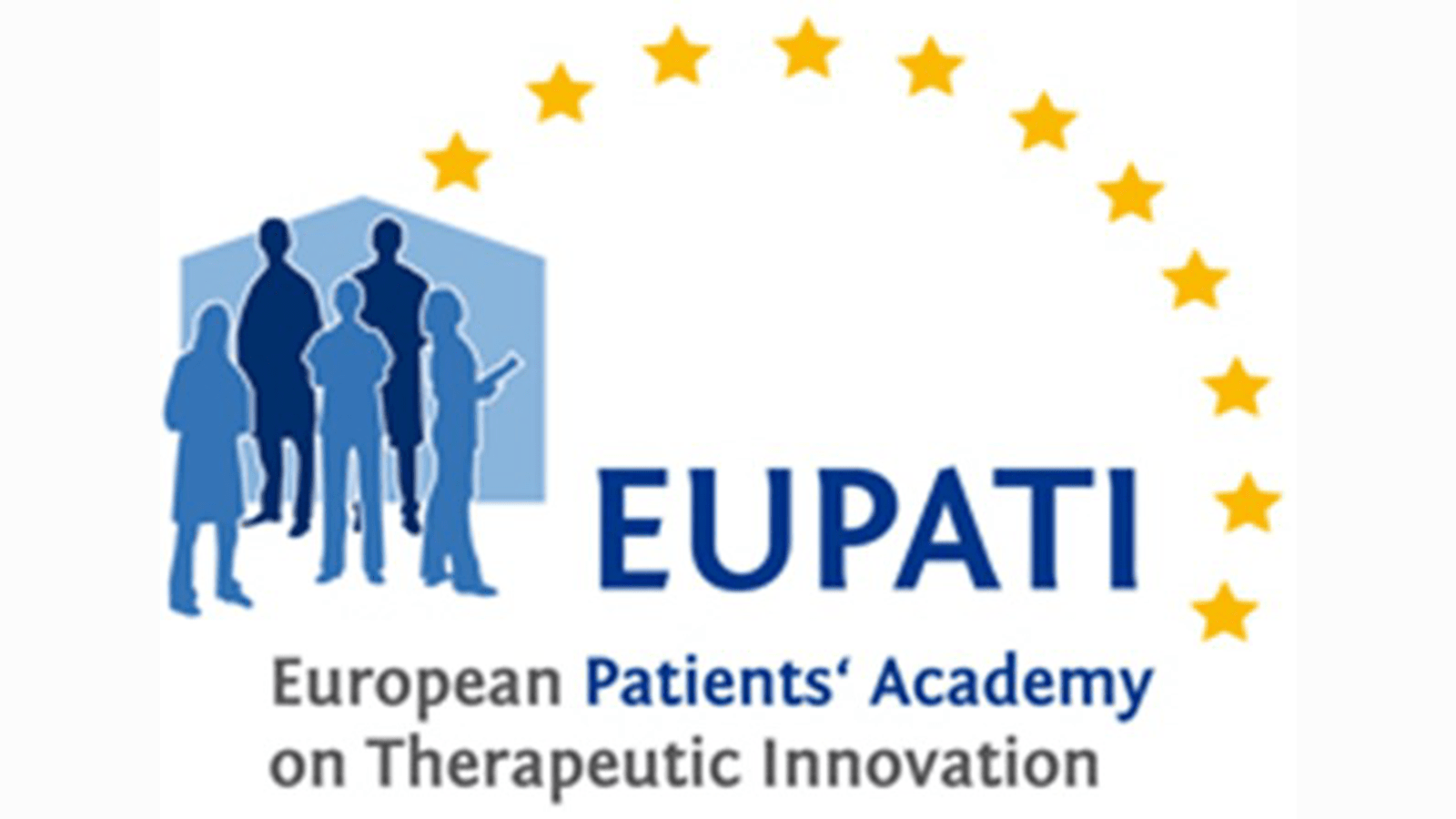Empowered patients want a seat at the table and opportunities to influence decisions that impact research into potential new treatments. EUPATI – European Patients’ Academy on Therapeutic Innovation – helps make that happen.
CSL recently joined the multi-stakeholder public-private partnership that enhances patient engagement through education, training and networking. Its vision is to “improve health outcomes through the contribution of patients and patient representatives as valued stakeholders.”
“This partnership offers CSL the possibility to collaborate with patient experts and to contribute to EUPATI’s patient education and engagement efforts by co-creating meaningful resources and improving educational activities in Europe,” said Sylvia Herget, CSL’s Director of R&D Patient Partnerships.
CSL will serve on the EUPATI Patient Expert Training Committee, which will contribute to the conception, development and implementation of in-person and live streaming events linked to the next EUPATI patient expert training program. This program has trained more than 250 Patient Experts (EUPATI Fellows) globally so far.
Check out EUPATI’s free course offerings – including training in Clinical Development and Regulatory Affairs. Registered in the Netherlands as a charitable organization, the organization is governed by Dutch Foundation rules, its own ethics code and partnership policy.
In the United States, the National Organization for Rare Disorders (NORD) recently launched a training program with similar aims for U.S. patients who have rare conditions.
For a number of years, CSL has been active in supporting programs that integrate patients and their insights into the R&D process. They include the launch of a user-friendly clinical trials website, membership in the Patient Advocacy Leaders and Drug Development Industry Network (PALADIN), participation in Patients As Partners and outreach programs with AWARE for All program from the Center for Information and Study on Clinical Research Participation (CISCRP).



